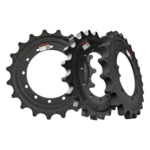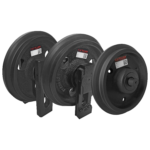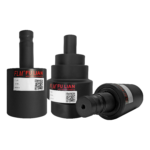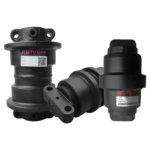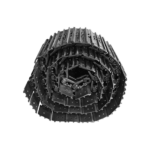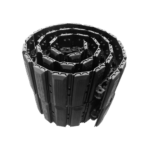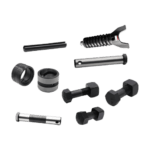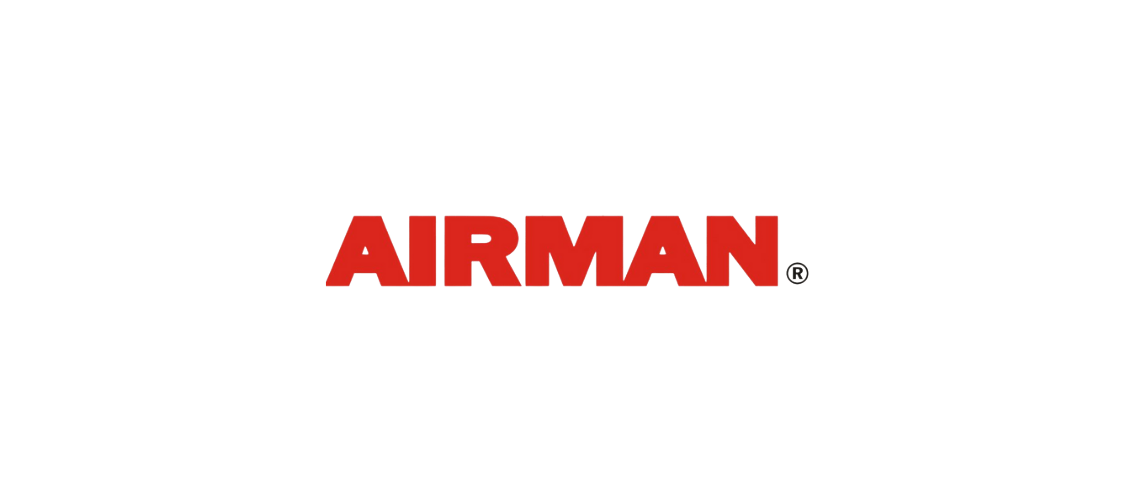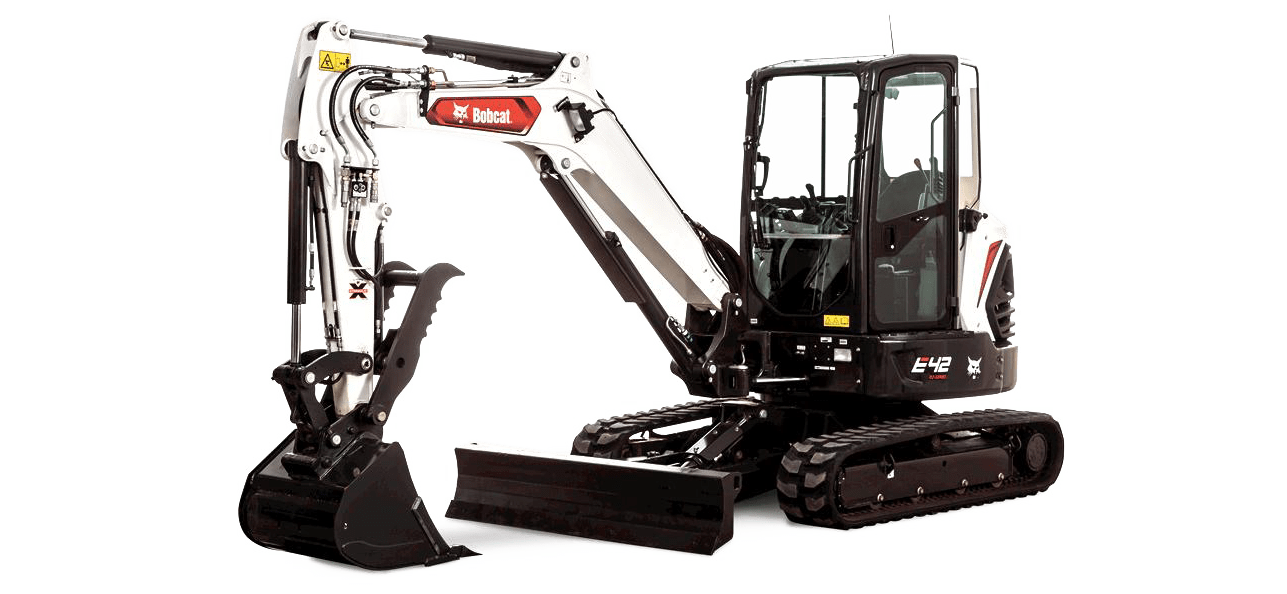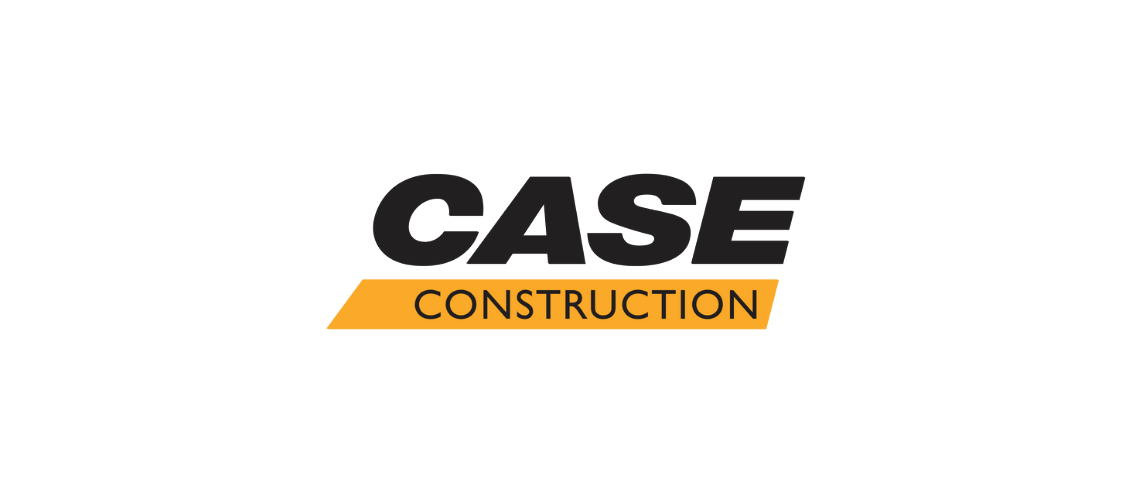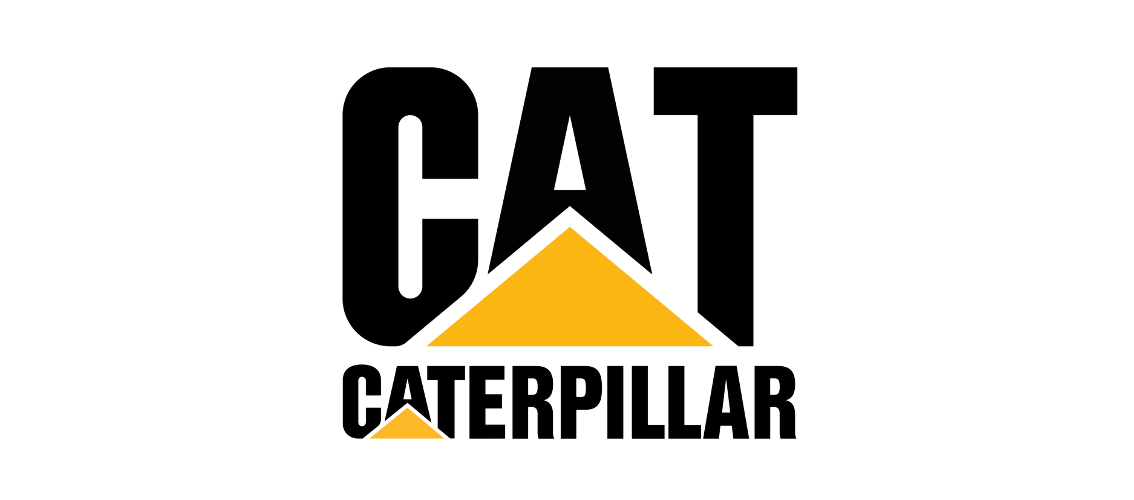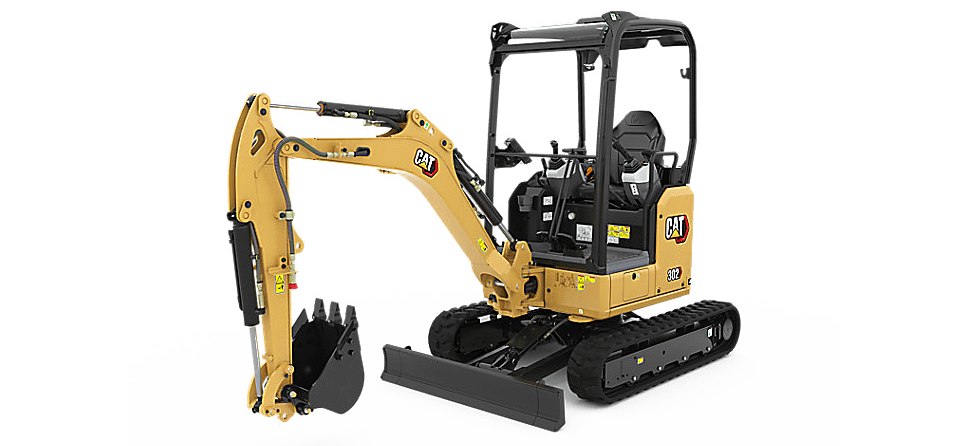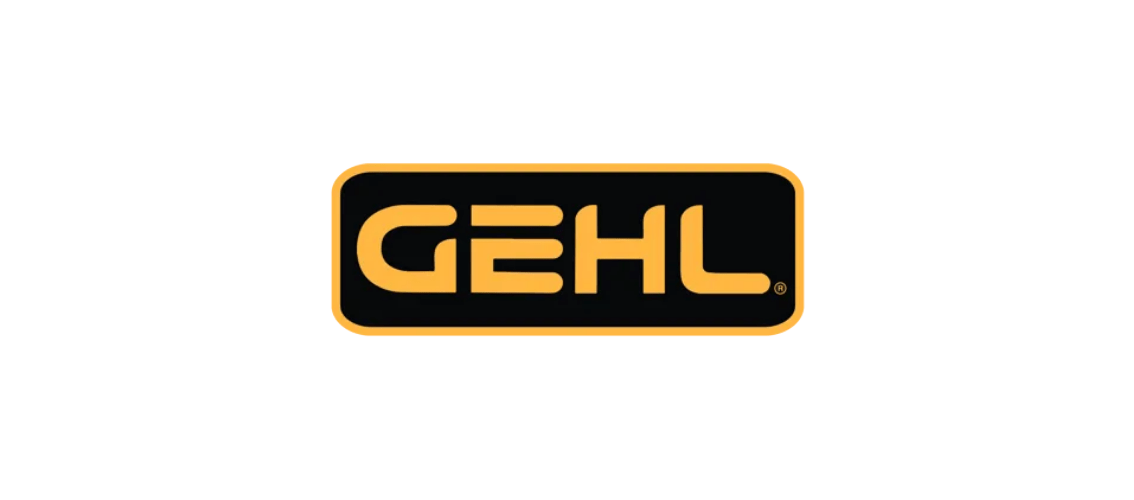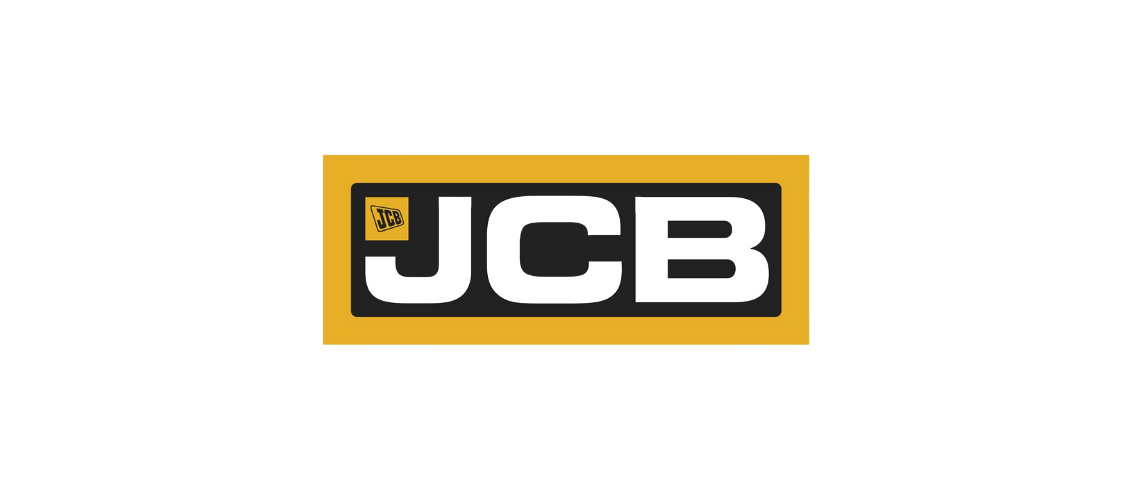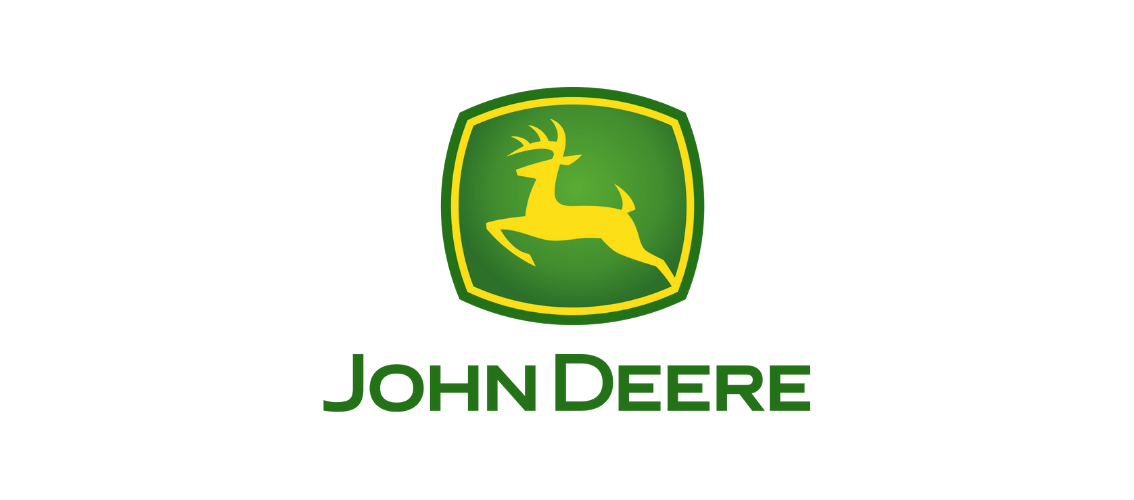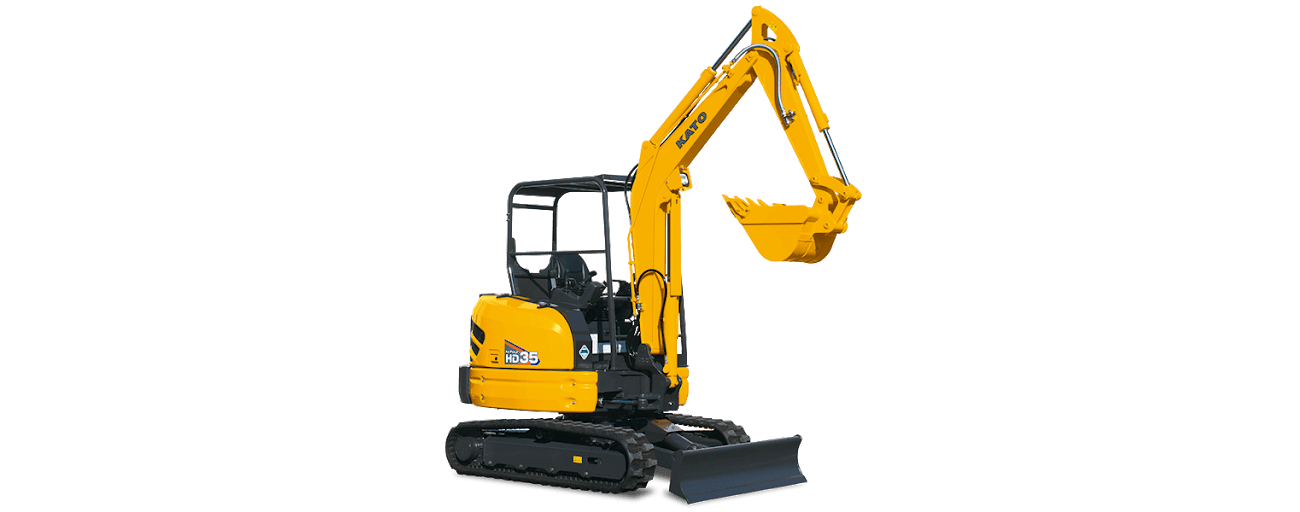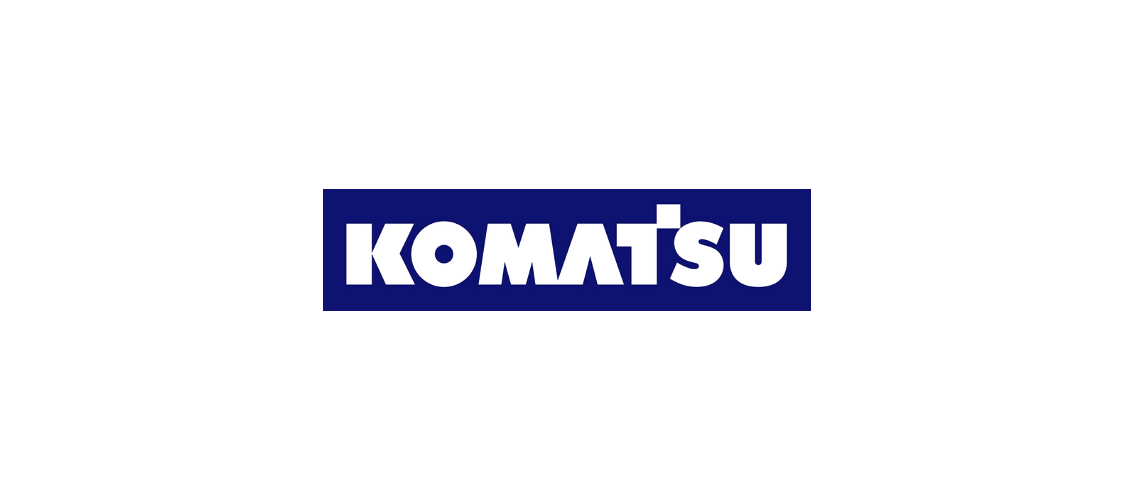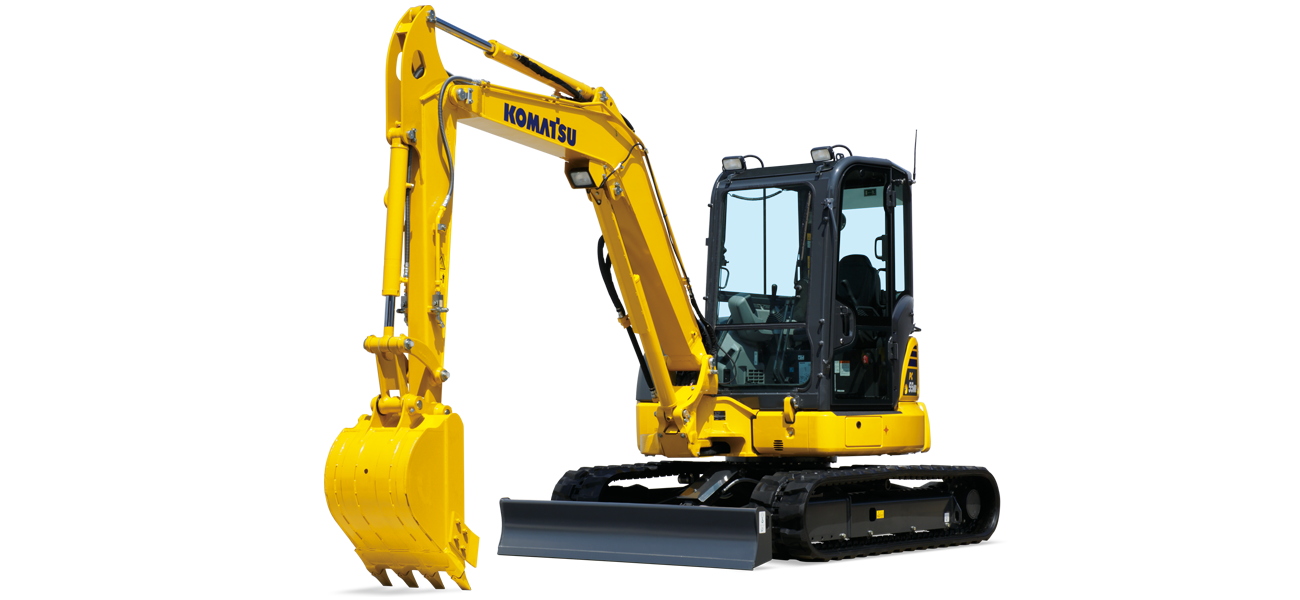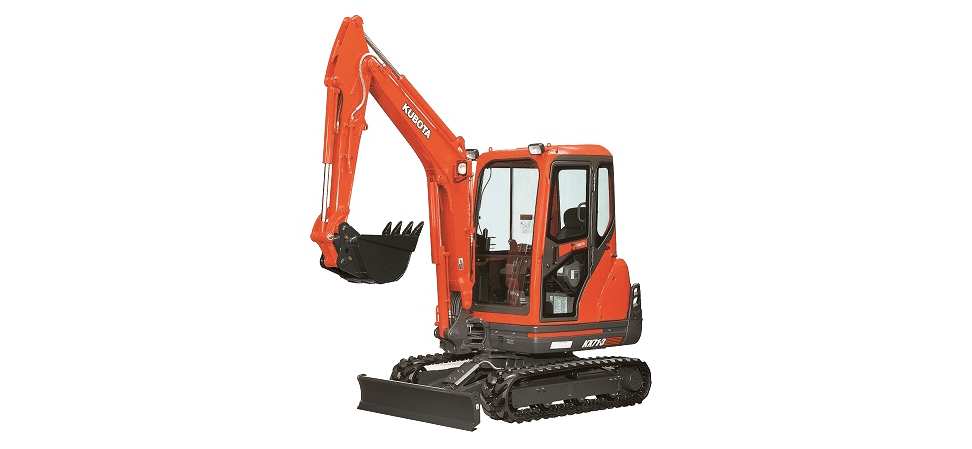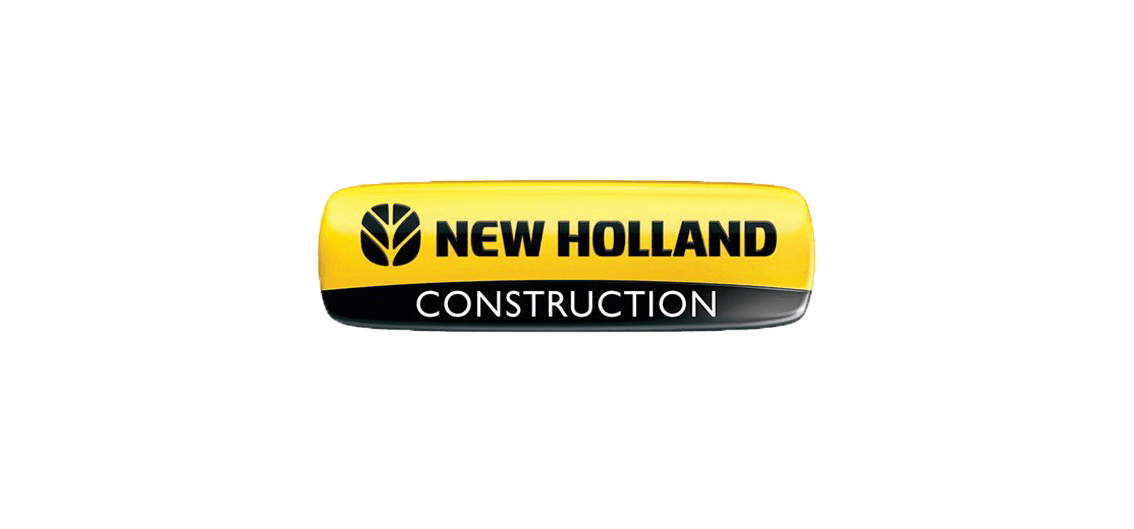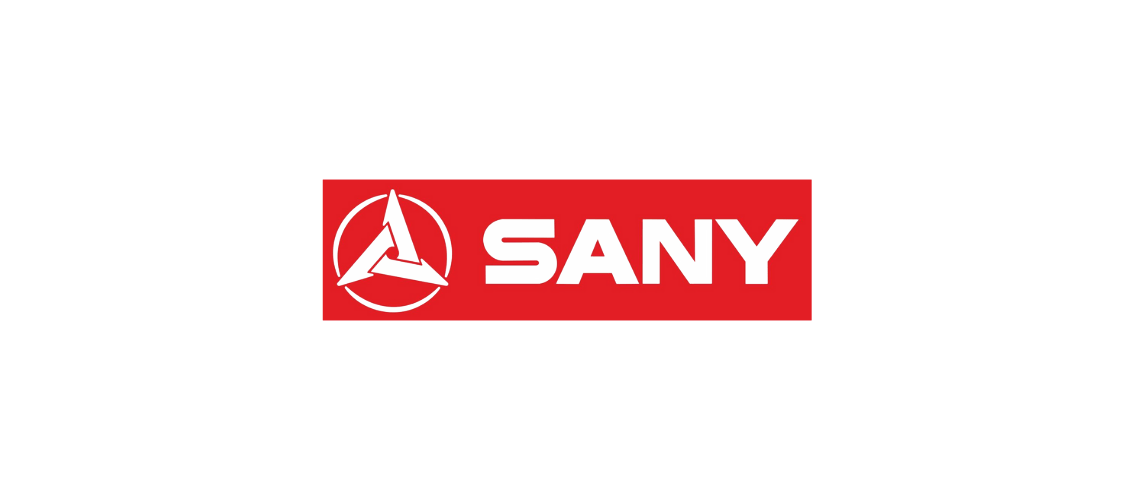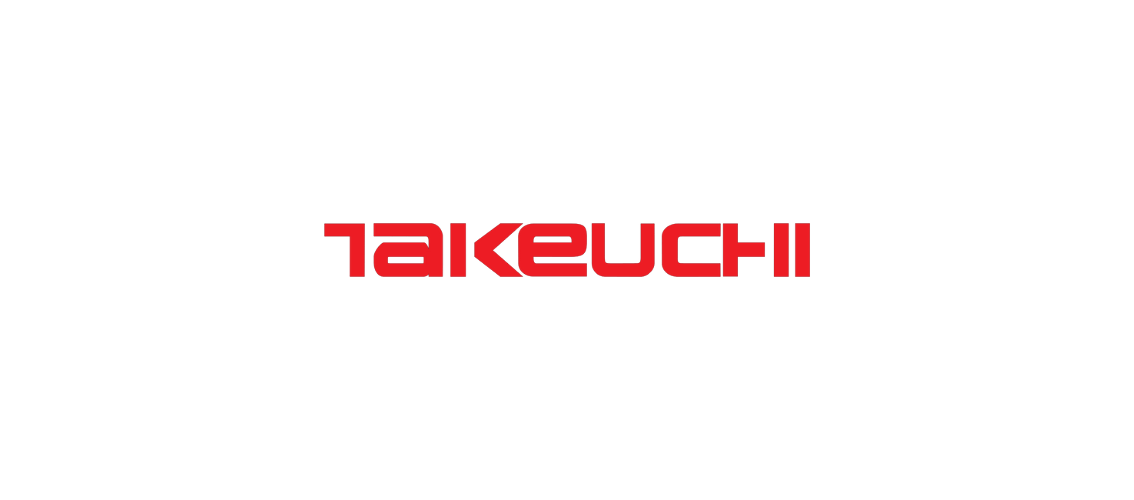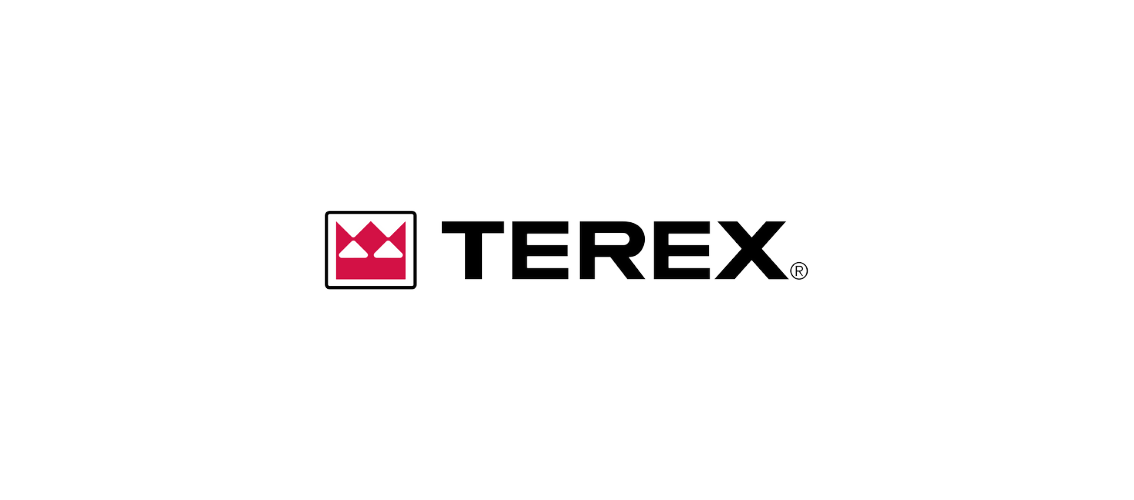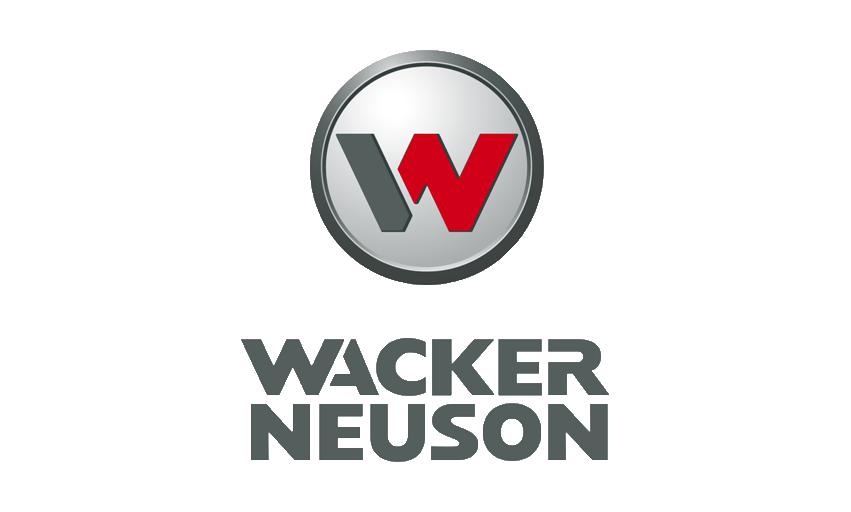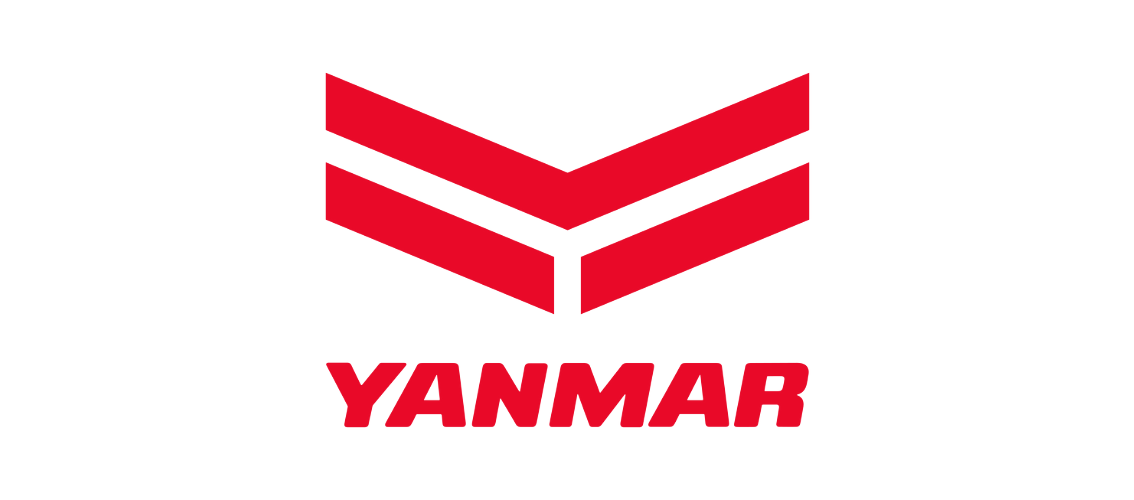A landscaping business can be expensive. You need a long list of tools and equipment to provide the services your customers may require. Knowing what landscaping work you’re doing will help you decide what tools and equipment you need. It also helps you decide which to buy and which to hire.
For example, many landscapers would rather have a mini excavator than own one. If you don’t need the device every day, it’s a smart choice. Read on to find out what tools and equipment you can buy right from the start, and who you can hire if the job calls for it.
1. Digging Tools
It’s almost impossible to do any landscaping work, big or small, without tools like shovels, shovels, hoes and garden forks. These tools are useful in the following areas:
- Pit Farming.
- DIG Ditches for laying irrigation pipes.
- Arranging the flower beds.
- Cover the soil.
- To chop up dense soil, such as clay.
- To distribute or remove earth, rock, and stone.
- Load the trolleys.
- Remove the plant without damaging its roots.
There are 101 things you can do with a mining tool, so add them to your shopping list.
2. Wheelbarrows
Wheelbarrows are also a must-have for a landscaper. You can use them to remove soil, gravel, leaves and other plants. Use wheelbarrow to move heavy objects from one location to another to a lighter location. The number of trolleys you’ll need depends on how big your business is and what kind of work you’ll be doing. But one thing’s for sure, your landscaping business needs at least wheelbarrow, so it’s definitely worth adding to your first shopping list.
3.Rakes
A rake is an essential tool for every landscaper. There are different types, each of which performs a specific task. Add some of these tools to your shopping list to help your employees get things done more efficiently:
- Garden rake:A multipurpose harrow used for levelling soil, spreading gravel or gravel, raking leaves, and aerating soil. Do a little gardening with this rake.
- Landscape rake: Designed to handle large tasks quickly. These tips are usually very short and made of metal. Handles are also made of metal, used in harsh environments.
- Lawn rake: Similar to garden rake, this useful tool is good for dragging debris away from the lawn, causing any damage from shrubs and flowers below.
- Stone rake: A metal point designed to be strong, Short, and widely spaced, used for spreading stones and gravel. They are built of durable materials to survive difficult operations.
4. Cutting Tools
Landscaping involves cutting and pruning plants of all sizes. Examples of cutting tools include:
- Loppers: Oversize trimmer for trimming or trimming thicker stems and branches. You can also use them to Prune hard-to-reach branches.
- Pruning shears: These hand pruners are smaller and easier to use for trimming plants and cutting away dead twigs or thin branches.
- Hedge shears: These manual trimmers are smaller and easier to use for trimming plants and removing dead or twigs.
- Axe: An axe is a useful tool if you need to chop down a fallen tree or branch.
- Timber saw: A saw is another useful tool for cutting through thicker branches.
5. Lawnmower
Another piece of equipment you can’t do without in a gardening business is a lawn mower. Whether you’re maintaining a garden or building a new one for your client, there’s always a lawn to mow. A lawn mower is probably one of your most expensive investments.
Maintain the lawn mower regularly to extend its service life. The blade needs to be sharp and clean. Repair the machine as soon as any damage is found. Appropriate-sized lawnmowers should be used depending on the scope of work.
6. Mini Excavator
Small excavators are suitable for major landscape works such as footpath paving, trench excavation, tree removal or planting and search works. If you only need a small backhoe once in a while, consider renting one from a reputable rental company. This will prevent the following:
- Find Storage space when not in use.
- Have to pay for maintenance and repairs.
- Keep an operator on your payroll.
If you want to avoid spending too much capital building your business, it makes sense to hire bigger landscaping equipment.
Final Thoughts
Setting up your own landscaping business means having all the right tools and equipment from the start. However, there are some things you can rent rather than buy, especially if you only need them occasionally. Before rushing to buy tools and equipment for your new company, decide who you can hire to save you time, money, and trouble!

